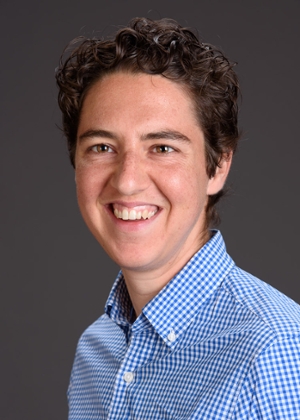Rhiana took her Reed chemistry degree to Tufts University where she earned her MS in Civil and Environmental Engineering in the Environmental and Water Resources Engineering program. She currently works as a Field Operations Supervisor at Cambrian Innovation, a biotech company that specializes in novel wastewater treatment technologies. She will give the Chemistry department’s seminar this Thursday (October 5, 4:15 pm, Bio 019) on “Clean Energy from Dirty Water: Transforming Waste into Resources”
For more information: Continue reading


 U. California-Davis Prof. Emeritus
U. California-Davis Prof. Emeritus 
 Ensuring a sustainable world in the face of climate change and a population soon to reach nine billion demands a major shift in how we approach our ever-expanding needs for energy, food, water, and a healthy environment. Going forward, we need to embrace innovative international research collaborations and policies that include talents and perspectives from both the developed and developing world. Richmond will share stories and insights gained from the collaborative efforts of several thousand scientists and engineers from around the globe.
Ensuring a sustainable world in the face of climate change and a population soon to reach nine billion demands a major shift in how we approach our ever-expanding needs for energy, food, water, and a healthy environment. Going forward, we need to embrace innovative international research collaborations and policies that include talents and perspectives from both the developed and developing world. Richmond will share stories and insights gained from the collaborative efforts of several thousand scientists and engineers from around the globe. 